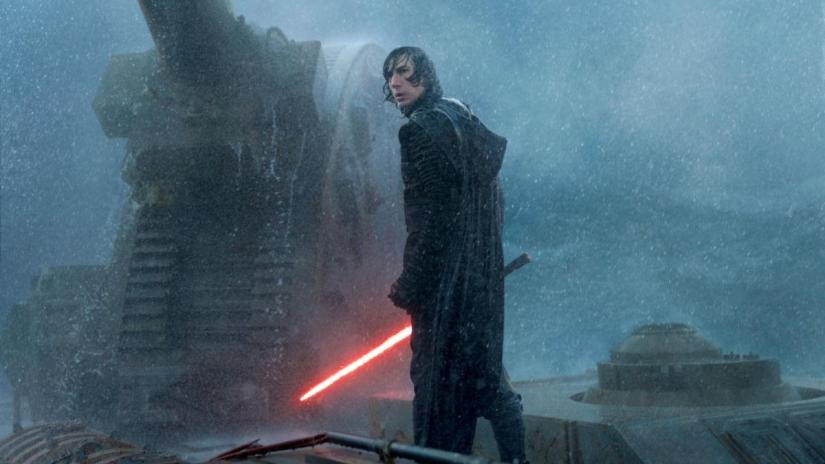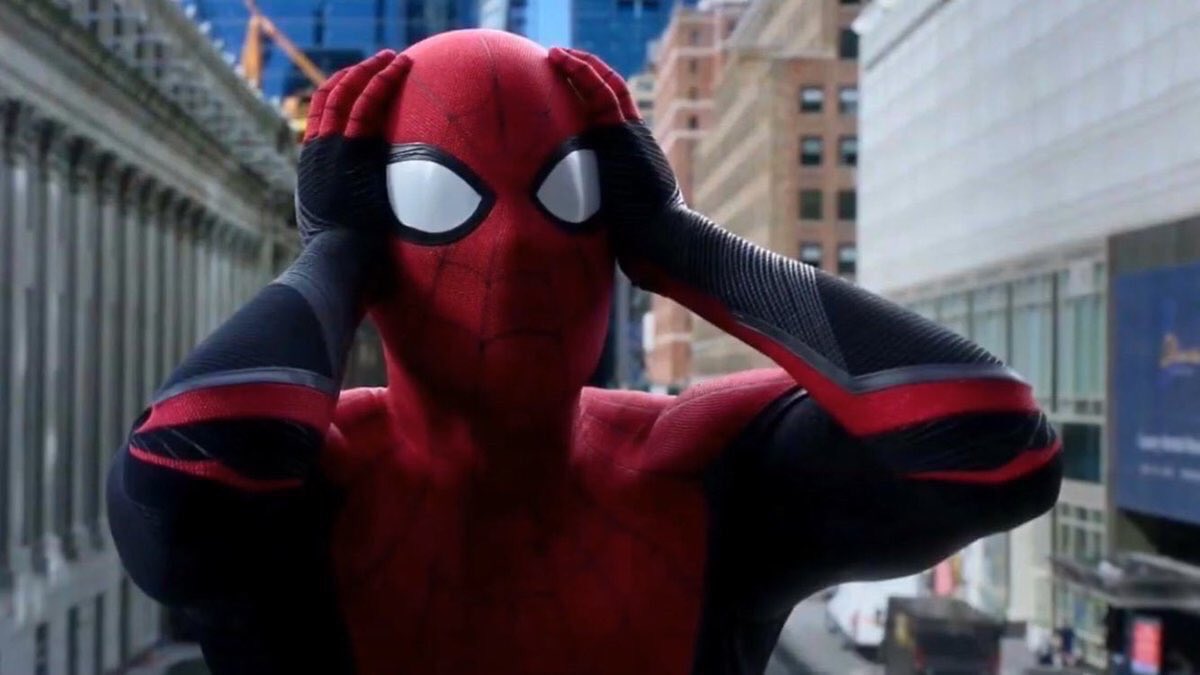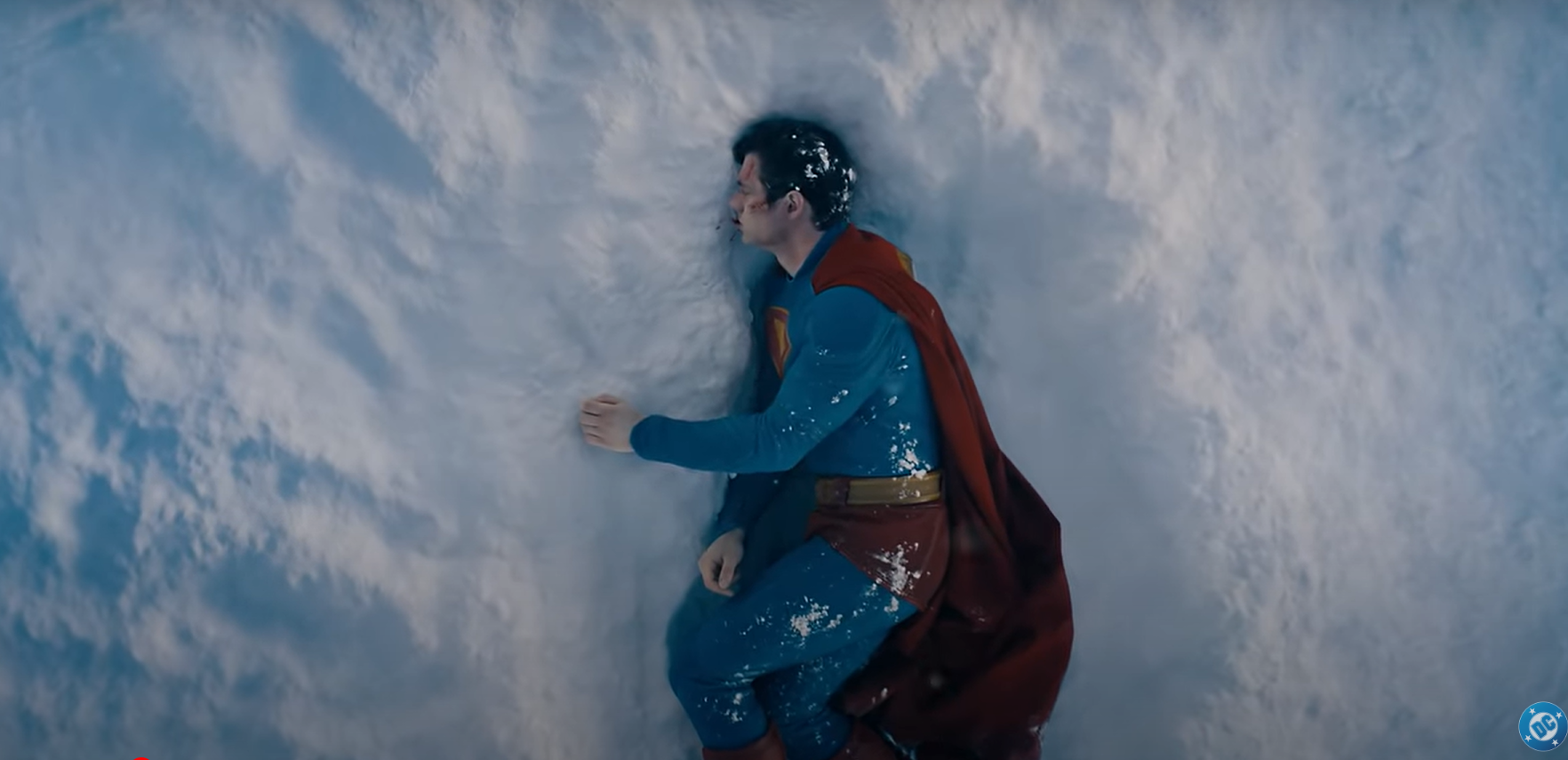Like many of you, I went to see Thor: Ragnarok this weekend. I enjoyed the movie thoroughly and, seeing it with my teenaged kids, it was a hit. It also scored with my friends circle, a bunch of guys my own age who see nearly every comic book movie that hits the big screen. Almost instantly, one declared it the “Marvel Movie of the Year.”
Uhm, wait a second. Better than Spider-Man: Homecoming? Which gave us the most enjoyable and angst-free on-screen Spider-Man since the very first movie? And better than Guardians of the Galaxy Vol. 2, the uber-fitting sequel to one of the most hyped superhero films of all time?
RELATED – Thor: Ragnarok – Chris Hemsworth Credits Kevin Smith For Encouraging Him To Change The Character
(Hot take: I’m not sure it’s even the best Thor movie, but I’ll leave that alone for now.)
Guardians 2 is a good comparison for Thor: Ragnarok. Both ostensibly operate as comedies first, propelling their plots forward with humorous exchanges to make the dramatic stuff a bit more palatable. But the way in which each uses humor made Guardians 2 one of my all-time favorite Marvel movies and gives me pause about a re-watch of Thor: Ragnarok.
Let me start off by saying that one of the best comedies I’ve ever seen is Planes, Trains and Automobiles. It’s a movie which, at a young age, told me almost everything I needed to know about good comedy: characters drive it and their reactions drive the laughter. In that film, Steve Martin and John Candy are stuck together on a long road trip and Candy’s oft-obnoxious behavior drives Martin up the wall. The tension that the audience feels, constantly switching sides in their minds between sympathizing with Martin or Candy, is expressed through laughter.
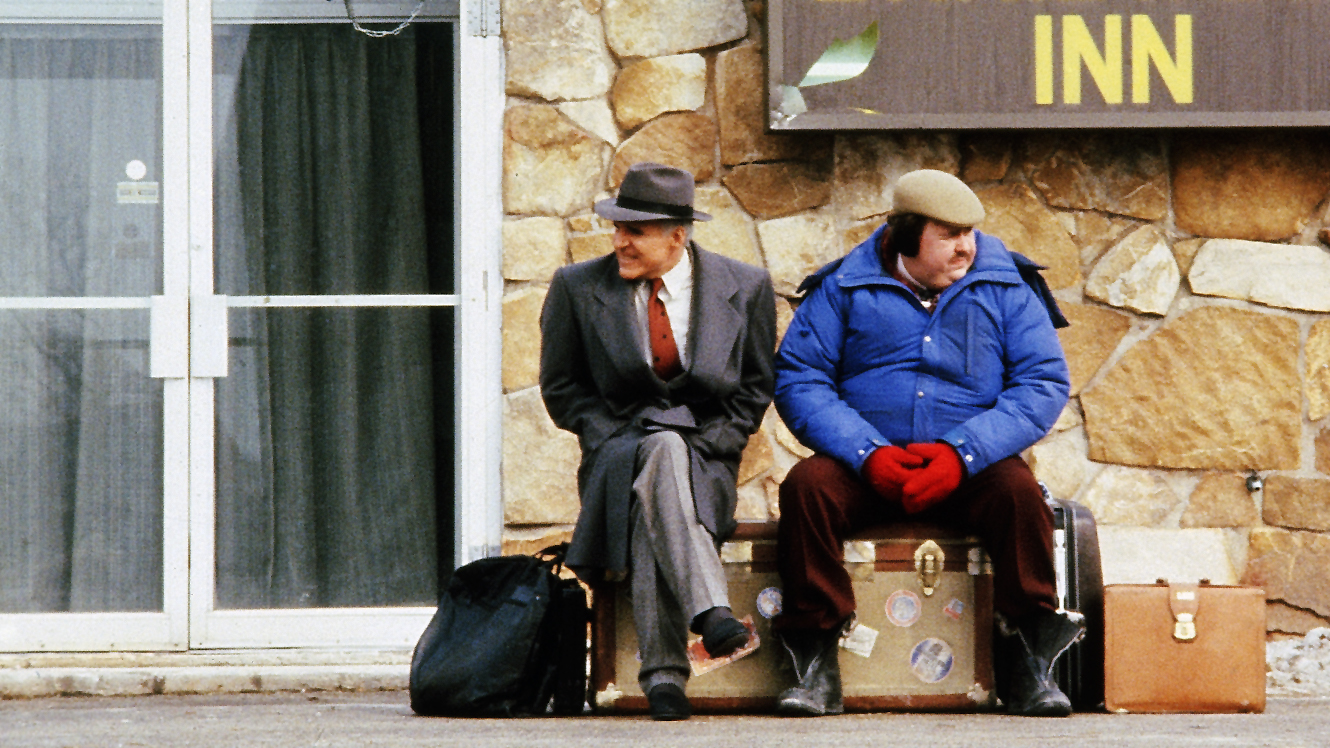
Or for an even-more-pop-culture-friendly example, the original Ghostbusters is still an amazing work of comedy. Note that in this film, there are ghosts aplenty, but other than Slimer, they aren’t played for much laughs. Instead, facing down some spooky ghosts, the Ghostbusters engage in some hilarity because their characterization drives the film that way. Bill Murray’s Peter Venkman is the guy who can’t help but crack a joke at the worst time and there is a lot to laugh at as the other Ghostbusters try to cope with his particular comedic traits.
So, back to Thor: Ragnarok. (Spoilers ahead!) We start with Thor at the end of a long chain. He looks in dire trouble as the evil god, Surtur, villainously monologues. But Thor can’t help but to humorously interrupt the flaming foe as he dangles in and out of view of Surtur. This scene starts the movie off with a funny bang and it works because we perceive Thor to be supremely confident in a way that one must be in order to act so goofy right in front of an enemy. And this proves to be the case because Thor soon breaks from his chains and has a quick boss fight to victory. Back to Asgard!
The film propels through its plot from there, barely taking a breath, and there are hilarious moments throughout. I won’t for a second contend that the movie isn’t immensely enjoyable. But like an old scary movie that doesn’t frighten you anymore with its repetitious jump scares, much of Thor: Ragnarok‘s comedy comes from surprising you with glee when you would expect drama.
For instance, Thor quickly realizes that Loki has usurped the throne. This would seem like a grave error on Loki’s part, but it’s played for laughs and the two bicker through a journey to Midgard and fan-pleasing scene with Doctor Strange. Then we follow that scene up with some real heavy stuff: the death of Odin and the destruction of Thor’s magical hammer, Mjolnir. Thor is soon imprisoned and enslaved. Bummer.
Except the movie doesn’t treat this with the gravitas it deserves. Thor, attached to a chair, is taken through a Willy Wonka-esque journey that trades hilarity for what should be a moment of dark reflection. Then we get another chair-bound prisoner executed via melting and Thor just can’t help but jest about the smell. We meet Korg, the high-pitched rock guy who is very laid back despite being a slave who must nightly fight for his own life. And finally, Thor, with the fate of all of Asgard (at least) resting on his shoulders, gives us our “We know each other from work!” joke which, to be honest, the trailers have ruined for me.
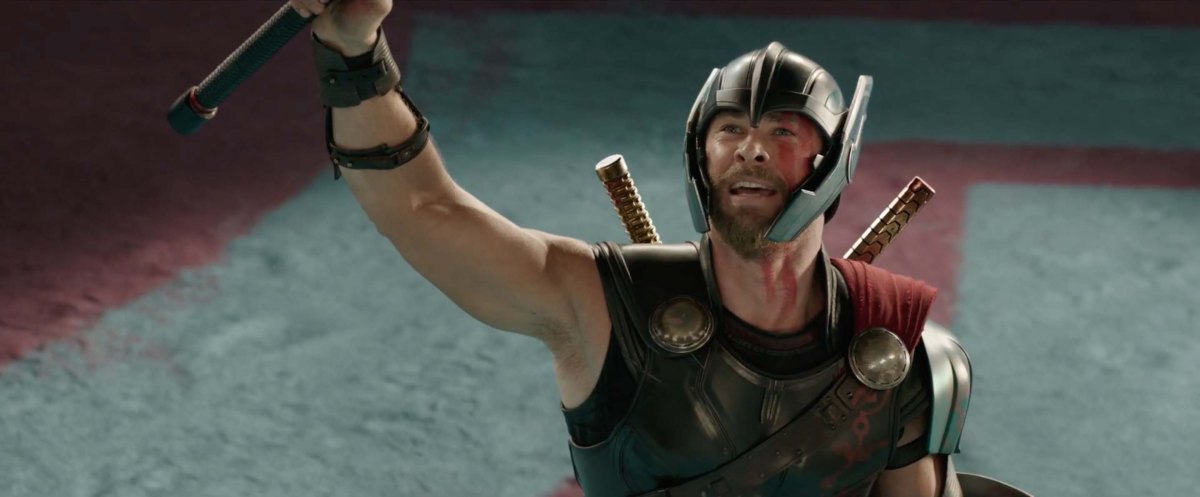
In Ragnarok, Thor goes through some seriously deep stuff and they are things which have been building up over the course of four preceding films. But Taika Waititi, concerned that the audience will have even a moment to take it all in, uses humor to bash us through plot points in a stunning display of distrust for the audience’s emotional acumen. Ragnarok becomes that bender a person might go on after a loved one passes away. Except at the end of the bender, that person will still have to deal with their friend or family member’s death. With Ragnarok, the movie just ends and we’ll never get a satisfying moment of catharsis with Thor over the troubles he’s faced.
Conversely, Guardians of the Galaxy Vol. 2 fittingly got us to this moment. The movie wrestles with deep ideas of family throughout, not only with Star-Lord and his father, Ego, but with Nebula and Gamorra, and particularly with Rocket and Yondu. By the end of that movie, we see sacrifice and we feel loss. The end of Guardians 2 is particularly touching, and all the moreso because we laughed through many of the preceding scenes. James Gunn trusted his audience would understand the characters as he himself does, that we would want to spend time with them when they bicker and when they mourn.
The humor of Guardians doesn’t rest on giving us laughs when we should be crying, it arises from the fact that a human scoundrel shares his life and living space with a green-skinned assassin, a tattooed alien without much awareness of sarcasm, an explosives-obsessed raccoon and a tree … thing. But these characters’ reactions fit mostly with what we would expect when confronted with danger and loss.
In Ragnarok, Thor’s reactions fit those of a toddler — no depth and focused on only the latest thing to get his attention. This is fitting, too, because our other heroic lead, Hulk, has quite literally the mind of a toddler. Whether you like this incarnation of Hulk or not, it is these scenes which have perhaps some of the best humor in the film simply because it is a moment for us to watch two super-powered infantile characters going at it in a way we don’t get to see often. Mark Ruffalo attempts some appropriate reaction to essentially being in a coma for two years soon after this but, again, Waititi has no patience for it.
In summary, after you’ve watched this movie a few times, “We’re friends from work” will wear off. “Devil’s Anus” will stop being funny. The cameos will be notable, but won’t elicit the same sort of laughs they did at first sight. And we’re left with a one-eyed, fatherless, hammerless Thor without one clue as to how those losses are being processed or have impacted one of the leading characters in a beloved film franchise (Actually, terribly in some sense, we only get that these losses have made him more powerful, with lightning now coming out of him – a slapstick, cartoon result of true dramatic stakes).
Don’t forget to share this post on your Facebook wall and with your Twitter followers! Just hit the buttons on the top of this page.

 FOR FANBOYS, BY FANBOYS
Have you checked out LRM Online’s official podcasts and videos on The Genreverse Podcast Network? Available on YouTube and all your favorite podcast apps, This multimedia empire includes The Daily CoG, Breaking Geek Radio: The Podcast, GeekScholars Movie News, Anime-Versal Review Podcast, and our Star Wars dedicated podcast The Cantina. Check it out by listening on all your favorite podcast apps, or watching on YouTube!
Subscribe on: Apple Podcasts | Spotify | SoundCloud | Stitcher | Google Play
FOR FANBOYS, BY FANBOYS
Have you checked out LRM Online’s official podcasts and videos on The Genreverse Podcast Network? Available on YouTube and all your favorite podcast apps, This multimedia empire includes The Daily CoG, Breaking Geek Radio: The Podcast, GeekScholars Movie News, Anime-Versal Review Podcast, and our Star Wars dedicated podcast The Cantina. Check it out by listening on all your favorite podcast apps, or watching on YouTube!
Subscribe on: Apple Podcasts | Spotify | SoundCloud | Stitcher | Google Play


